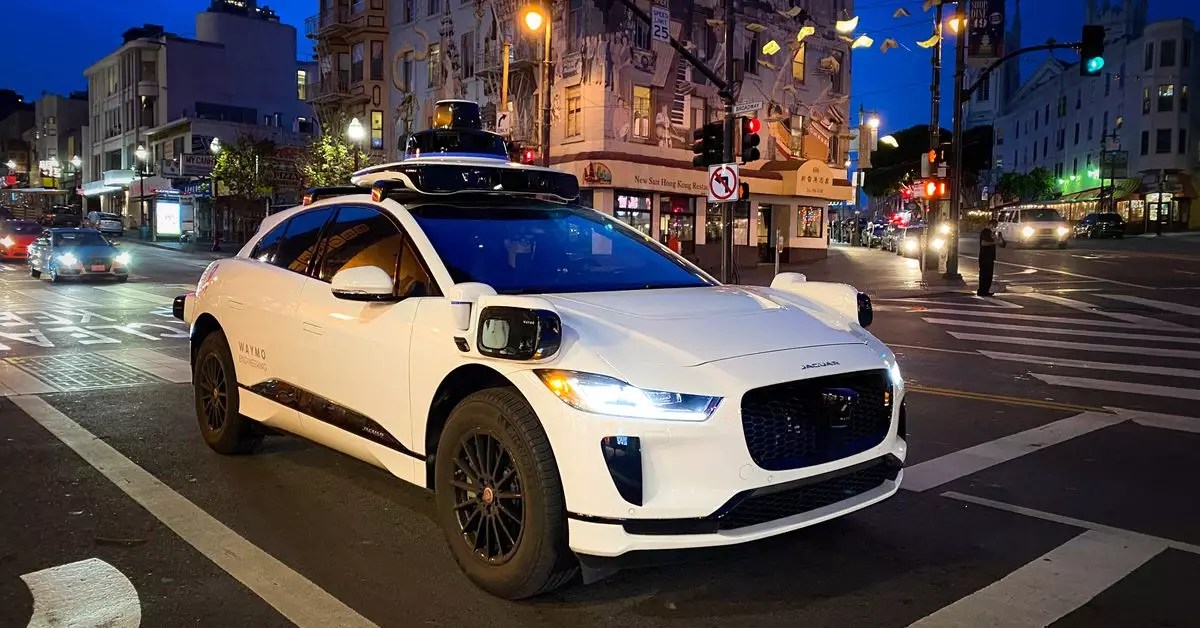The driverless vehicle industry has been rapidly growing, with companies like Waymo at the forefront of innovation. However, recent incidents have highlighted the importance of safety in this emerging technology. Waymo recently issued a voluntary software recall after one of its driverless vehicles collided with a telephone pole in Phoenix, Arizona. This incident, while not resulting in any injuries, has raised concerns about the reliability of autonomous vehicles and the need for strict safety regulations.
Waymo’s decision to voluntarily issue a software recall demonstrates the company’s commitment to ensuring the safety of its passengers and bystanders. The software update to 672 vehicles in Waymo’s fleet is aimed at correcting an error that resulted in the vehicle assigning a low damage score to the telephone pole it collided with. Additionally, the update includes changes to the map to account for the hard road edge in the alleyway, which was not previously included. This proactive approach to addressing safety issues is commendable and sets a positive example for other companies in the industry.
The driverless vehicle industry is facing increased regulatory scrutiny, with federal investigators probing almost all major companies operating autonomous vehicles in the US. Incidents like the one involving Waymo’s vehicle in Phoenix have raised concerns about the safety and reliability of autonomous technology. The investigation by the National Highway Traffic Safety Administration (NHTSA) into over two dozen incidents involving Waymo’s driverless vehicles highlights the need for stricter regulations and oversight in the industry.
Driverless vehicle companies like Waymo are facing challenges in gaining the trust of riders, community members, regulators, and policymakers. The proliferation of smartphones with cameras has made it easier for incidents involving autonomous vehicles to go viral, leading to increased public scrutiny and negative publicity. The industry must address these challenges by prioritizing safety and implementing rigorous testing and quality control measures to prevent future accidents.
As the driverless vehicle industry continues to evolve, companies like Waymo must prioritize safety and transparency in their operations. Proactive measures, such as voluntary software recalls and rigorous testing procedures, are essential in building trust with the public and regulators. By demonstrating a commitment to safety and accountability, companies can navigate the challenges of operating autonomous vehicles in an increasingly complex regulatory environment. The future of the driverless vehicle industry depends on its ability to address safety concerns and earn the trust of all stakeholders involved.


Leave a Reply